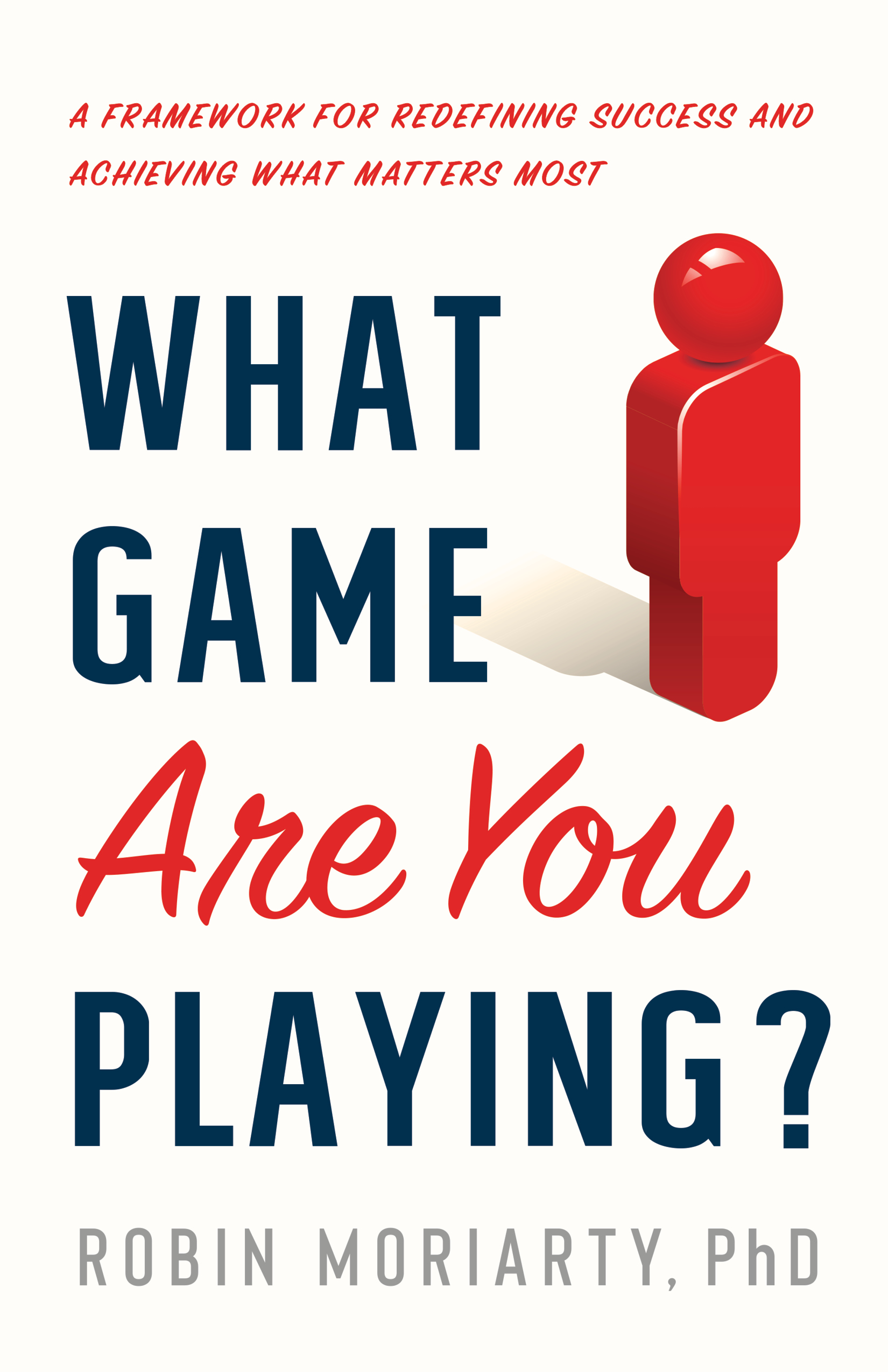Making changes is difficult. Other people might tell you it’s easy and to just do it. However, given conditioning and the way our brains and other people’s brains react to change, it can be scary and filled with uncertainty. And it can also be exhilarating and joyful once you’ve made the changes. My experiences have shown me that approaching changes with your eyes open about what you are doing, why, what kinds of challenges you may face, and how you’ll handle them if or when they arise are all key. So what will you need to make the changes?
Courage. Change brings uncertainty, and so the fear of the unknown often makes the status quo look preferable. You, your amygdala, and others in your life may want to pull you backwards to the status quo. Be emboldened and go forward instead.
Vision. What would be better than your status quo? This is not a “grass is greener/get a new sofa” kind of change but a real shift in how you spend your time, talent, and resources as well as a shift in why you spend them that way. Can you envision a future where your efforts are going towards those things that matter most to you?
Support. Actual emotional and practical support—not fake, self-serving, or self-interested support—from people who believe in you, who want you to do great, and who aren’t insecure or competing with you.
Your game plan. Which you’re designing in this book.
Whenever anyone asks me about change, I think back to the changes over the course of my life. I’ve experienced several pretty monumental, cataclysmic shifts, and I’ve used some pretty tough tactics to push myself past the points of pain that come with change and to help me break through to the other side.
One example was when I knew I needed to make a big shift in my life. I had been living in Argentina, married, and working for a large telecommunications company. Over a period of about six months, I found myself moving back to the US, no longer married, and with no job, as the company I had been working for was sold to another company who did not want me on their payroll. I owned a beautiful, expensive loft that happened to be underwater because the housing market was stalling. I had some savings but way more debt, and I was suffering from a broken heart that was longing to live anywhere except in the loft I’d shared with my ex-husband.
Eventually I received a job offer from a consulting firm, which was great news, and they wanted me to live in the US and work for their domestic telecommunications practice, which was not such great news. I wanted to work internationally; and even though I had no other options, I called them and told them I didn’t want the job. My brain was freaking out and it was really scary, but I needed to cut off that option in order to push myself to look for something new in line with what I did want. A few months later, I received an offer to move back to Argentina, earning devaluing pesos rather than dollars, and I took it. I used the rest of my savings to get out of my upside-down mortgage, I moved again to Argentina, and I never looked back.
Whenever people ask me about that time in my life and those choices, I explain that it came down to a realization that if I worked for a consulting firm in the US, inevitably there would be a Friday night where I would be snowed in at an airport somewhere trying to get home, and I’d likely be thinking, “I could be in Argentina right now.” But there would never be a moment in Argentina where I would be thinking, “I could be snowed in on a Friday night in an airport right now.” Not that Argentina is perfect. It’s definitely not. But I needed to push myself back in that direction to continue on my journey of playing my game. It was drastic and although it was not impossible, it was really hard and not a safe choice at all.
One evening in a bar in Hong Kong, a perfect stranger was eavesdropping on my conversation with a friend while I was telling her about that time of change and upheaval in my life. Mr. Perfect Stranger inserted himself into the conversation to tell me that not all changes have to be so dramatic and disruptive and that everything doesn’t have to get thrown up in the air when making changes in life. He reminded me that changes can be more progressive and planned than that.
And he was right. You can make plans, but make them and then act on them. Do the things that you need to do to push yourself to act. Set your alarm clock earlier. Sign up and actually go to a class or training. Make the extra calls. Cut off all your other options if that’s what works for you. The truth is, you know when you’re procrastinating or avoiding out of fear or uncertainty. Work with yourself to figure out the best way to make you act on your plan. Work with yourself to make you do the things you know you need to do. Like when it’s time to let go of something (like a relationship) or fix something (like having a big surgery you’ve been putting off ) or look for a new job (because you’re miserable).
You know when you need to make changes and act, because you can feel the tectonic plates starting to shift underneath your surface. It may not be apparent to others and they may not even notice, but you feel the subtle shifts. And eventually the pressure comes to the top and the change occurs. There may be an earthquake, hopefully mild, and some aftershocks, hopefully small, but after the change you’ll wonder, Why the hell didn’t I do it sooner? Why was I waiting so long to make the change?
Is change hard? You bet it is! People make it look easy, but they rarely tell you about their struggles along the way. People usually tell the story after the change has occurred, after the dust has settled, and when they’re finally feeling confident about their new direction. They rarely talk about the tough moments in the beginning and the middle. Maybe it’s because it’s easier to explain the story and connect the dots looking backward (thanks, Steve Jobs, for that graduation speech). Or maybe it’s more difficult to talk about changes when you’re in the middle of the storm trying to figure out which way to go. Or maybe it’s because you just don’t want to have to justify it to other people.

Excerpted from What Game Are You Playing?: A Framework for Redefining Success and Achieving What Matters Most with permission from the author and publisher.
Follow us here and subscribe here for all the latest news on how you can keep Thriving.
Stay up to date or catch-up on all our podcasts with Arianna Huffington here.


